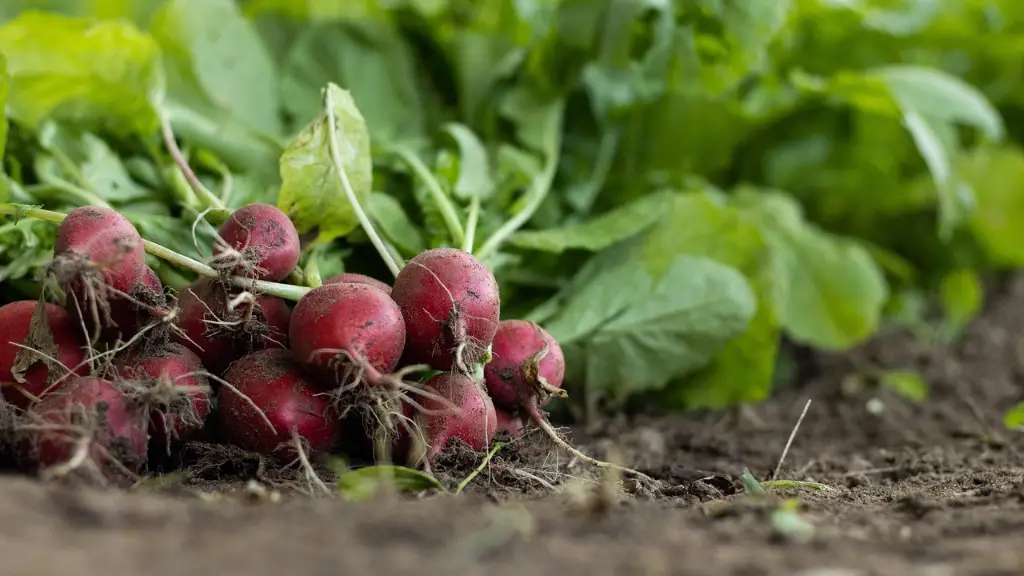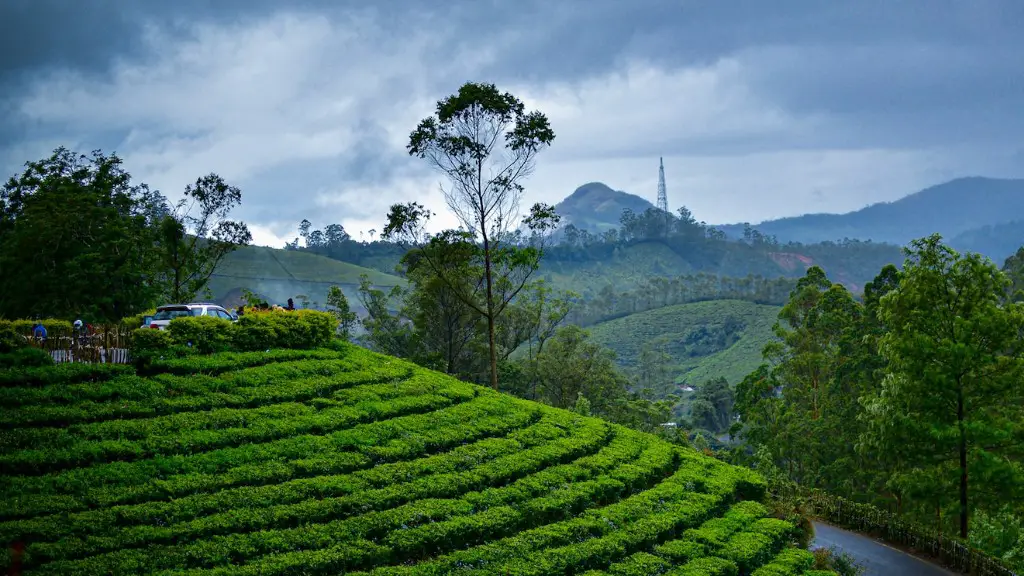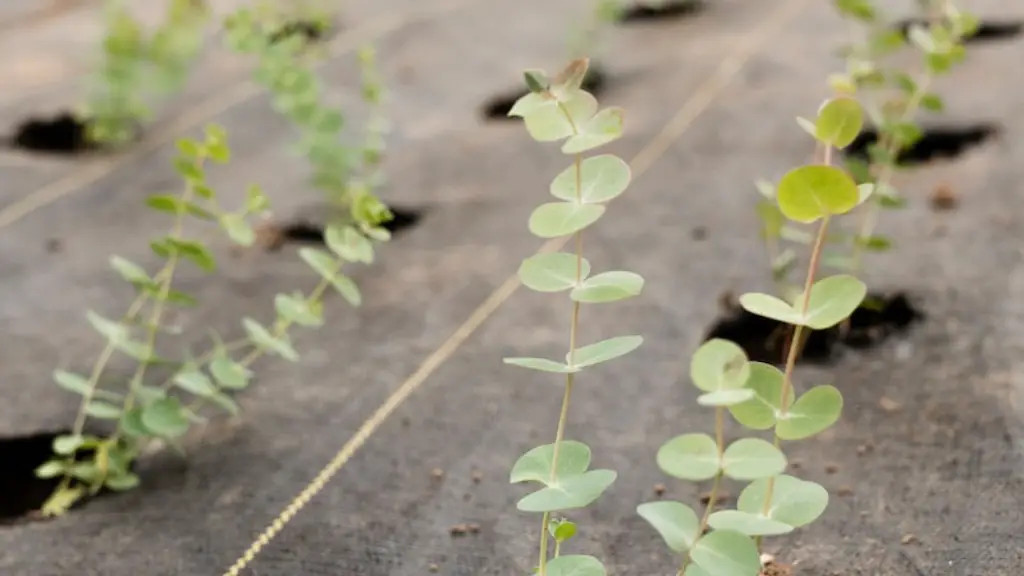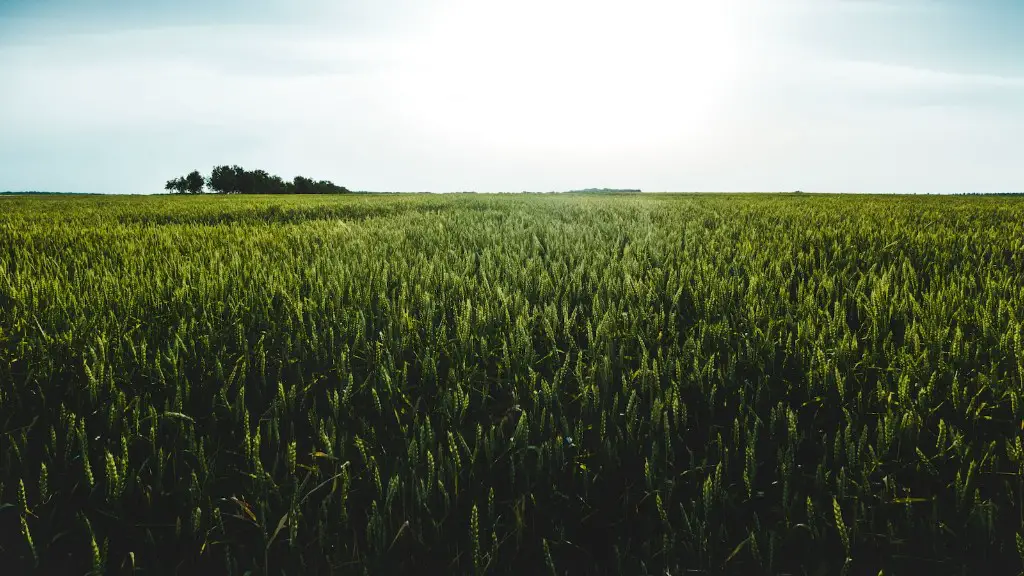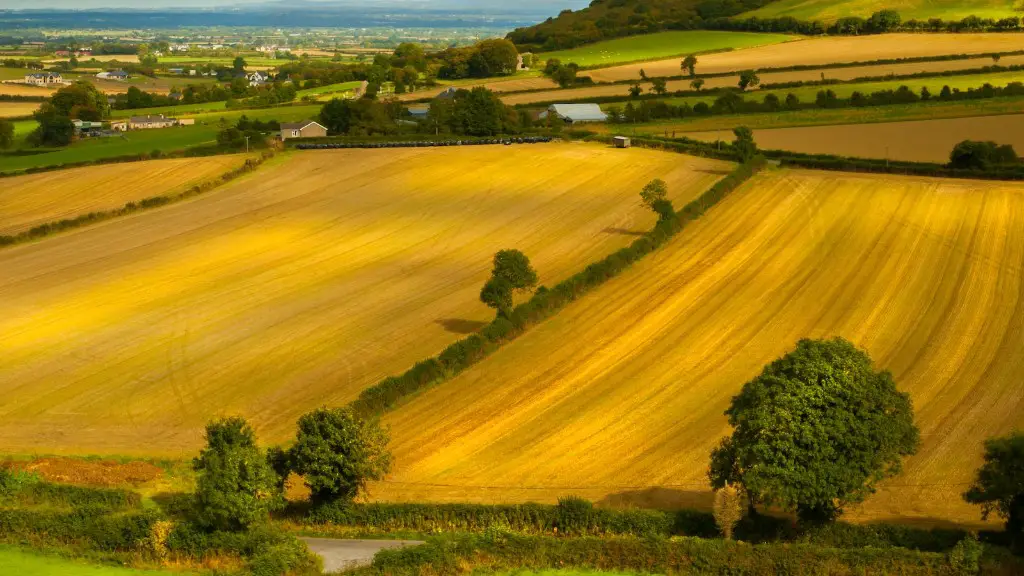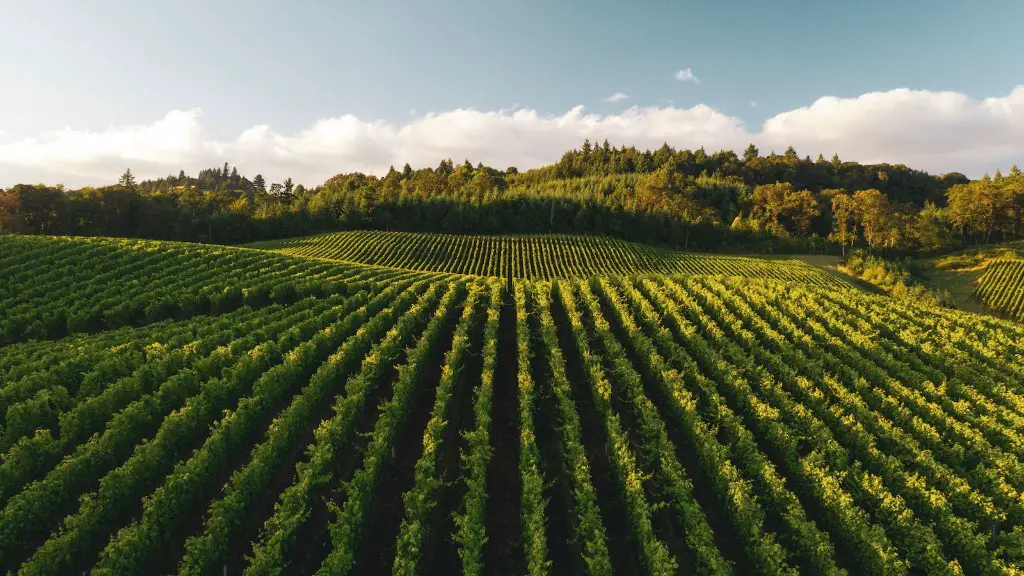Covid 19 has impacted agriculture in a number of ways. One of the most significant ways is the decrease in demand for certain products. This has led to farmers having to decrease production or even stop farming altogether. The decrease in demand has also led to an increase in food prices.
Covid-19 has impacted agriculture in a few ways. The first way is through the labor force. Due to various lockdowns and travel restrictions, migrant workers have been unable to reach their destination to work on farms. This has led to a decrease in the labor force and a decrease in production. The second way Covid-19 has impacted agriculture is through the markets. Due to the decrease in production, there has been a decrease in supply of agricultural products in the market. This has led to an increase in prices of agricultural products.
How does COVID-19 affect agriculture?
The coronavirus (COVID-19) pandemic has had a significant impact on the US economy, including the farm sector and farm households. Farm businesses have experienced disruptions to production because of lowered availability of labor and other inputs, and output prices have been affected by changes in demand for commodities in certain market segments. The pandemic has also resulted in increased uncertainty and risk for farm businesses, which may lead to reduced investment and production in the coming years.
The COVID-19 pandemic has caused a lot of volatility in the prices of imports, exports, producers, and consumers. This is because of the demand shocks and problems with supply chains. Meat, fish, dairy, and eggs have been especially affected by the shifting economy.
How did COVID-19 Impact nature
There is a growing body of evidence that suggests that the COVID-19 pandemic is having a negative impact on the environment. In particular, rural areas in the tropics are facing increased pressure from land grabbing, deforestation, illegal mining and wildlife poaching.
This is a worrying trend, as it suggests that nature is not “getting a break” from humans during this time of crisis. Instead, we are seeing a continued exploitation of natural resources, which is likely to have a long-term impact on the environment.
It is therefore essential that we take action to protect the environment during this pandemic, and in the future. We must work together to find sustainable solutions that will allow us to live in harmony with nature.
It is heartening to see that the lockdown has had a positive impact on the environment in some ways. The reduction in noise pollution is a welcome change, and hopefully, this will lead to better quality of life for the people in these cities.
What did COVID-19 do to the economy?
The pandemic has had a devastating effect on economies around the world. In the US, GDP fell by 89 percent in the second quarter of 2020, the largest single-quarter contraction in more than 70 years. Most other major economies fared even worse. The pandemic has caused widespread unemployment and poverty, and has upended supply chains and businesses. The pandemic is likely to have long-lasting effects on the global economy.
The Covid-19 pandemic has had a devastating impact on the world, socially, economically and physically.
The pandemic has led to school closures, loss of jobs, and industries being decimated. The physical costs are also high, with millions of people around the world becoming infected and many dying.
The pandemic has had a profound effect on society and the economy, and the repercussions are far-reaching and severe. It is important that we all work together to try and mitigate the impact of the pandemic, and help those who have been affected.
How does COVID-19 affect animals?
There is a low risk of animals spreading COVID-19 to people, but animals can get serious illness from infection with the virus that causes COVID-19. Pets should be kept away from sick people and should not be allowed to interact with other animals if they are sick.
The Covid-19 pandemic continues to pose a threat to biodiversity conservation through loss of tourism revenue in protected areas. The financial loss affects the budget, population monitoring/assessment programs, and job loss to negative human behavior that drives human-wildlife conflicts and natural resources destruction.
What impact has COVID had on greenhouse gas emissions
The decrease in emissions is a result of the lockdowns in the first half of the year which restricted global mobility and hampered economic activity. This is a good sign that the measures taken to reduce emissions are working, but we need to continue to reduce emissions in order to avoid the worst effects of climate change.
Sharon Stang is an industry expert with over 20 years of experience in the utilities, finance, and real estate industries. She is the author of numerous articles and books, and her work has been featured in The Wall Street Journal, Forbes, and other leading publications. Sharon is a respected authority on industry trends and developments, and she regularly provides commentary and analysis on the latest news and developments in these industries.
What industry is affected by COVID-19?
The sectors that contributed to this decline are the sectors that are not allowed to operate, which were transport equipment & other manufacturing; non-metallic minerals, base metals & engineered metals; wood, furniture, paper products and printing; and textiles, clothing, leather & footwear.
The coronavirus (COVID-19) pandemic has had wide-ranging industry-level impacts through 2020 and 2021. The largest have typically been for “high-contact” service industries – wholesale and retail; transportation and storage; accommodation and food services; arts, entertainment and recreation; and other services. COVID-19 has also impacted manufacturing and construction as well as softer outcomes such as business confidence and advertising.
Many people around the world are facing increased inequality, discrimination and unemployment as a result of the social crisis created by the COVID-19 pandemic. This might occur in multiple ways, such as experiencing limited movement, fewer employment opportunities, increased xenophobia, etc. If not properly addressed by appropriate policies, the medium and long-term impact of the pandemic on people’s lives could be devastating.
The pandemic has had a major impact on people’s lives, causing many to lose their jobs or face reduced incomes. This has made it difficult for many people to pay for basic needs like food and housing, which can have a negative impact on their health and well-being.
How COVID has changed the world?
COVID-19 has definitely changed the way we communicate with each other, how we care for others and how we educate our children. It has also had a big impact on the economy and the way we work. Experts from UAB have weighed in on these changes and have shared their insights on what we can expect in the future.
It’s important to note that there have only been a small number of cases of pets becoming infected with the COVID-19 virus. The vast majority of pets seem to be unaffected by the virus. However, it is still important to take precautions to protect your pets, just as you would to protect yourself and your family.
Here are some guidelines from the CDC on how to protect your pets:
-Avoid letting your pet interact with people or other animals outside the home
-Keep your pet up to date on all vaccinations
-Practice good pet hygiene, such as washing your hands before and after handling your pet, and grooming your pet regularly
-If you are sick with COVID-19, avoid contact with your pet as much as possible, and have someone else take care of them if possible
Final Words
Covid 19 has impacted agriculture in a number of ways. The most immediate and obvious impact has been the decrease in demand for agricultural products as a result of the decrease in global trade. This has led to a decrease in prices for many agricultural commodities, which has in turn led to a decrease in farm income. In addition, the pandemic has led to a decrease in the availability of farm labor, as many workers have been unable to travel to farms due to travel restrictions. This has led to a decline in agricultural production in many countries.
The novel coronavirus, or COVID-19, has had a significant impact on the agriculture industry. The pandemic has led to a decrease in demand for agricultural products, as well as disruptions in the supply chain. Farmers have had to contend with labor shortages, as well as increased costs for inputs such as seeds and fertilizer. The COVID-19 pandemic has also had an impact on the mental health of farmers, as the stress of the situation can lead to anxiety and depression.
